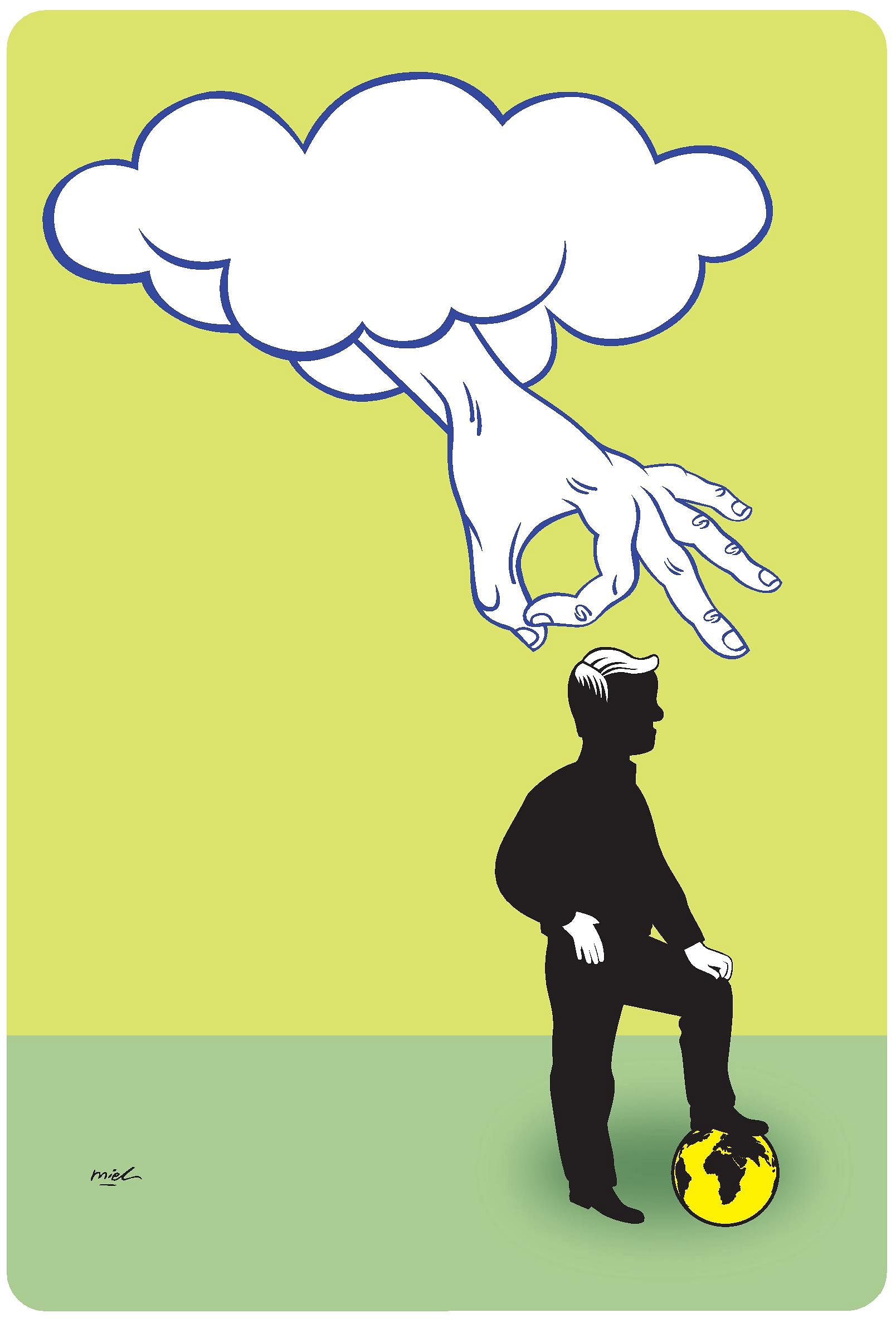In your life - as in every life - things can and will go wrong.
It doesn't matter how smart you are, or how careful you are, or how determined you are, or how much faith you have, or how many positive thoughts you generate.
Things can and will go wrong.
In November 1785, the great Scottish poet Robert Burns accidentally destroyed a mouse's nest while ploughing a field.
Knowing that the poor creature could no longer hope to survive the winter, Burns penned one of his best-loved poems, To A Mouse, by way of apology.
In it, he describes how the mouse, despite making every needful preparation for the "weary winter" ahead, was left destitute.

He writes:
"Now you are turned out, for all your trouble,
Without house or holding,
To endure the winter's sleety dribble,
And hoar-frost cold. *"
Burns goes on to reflect that we, too, are often laid low by events outside our control.
"But Mouse, you are not alone,
In proving foresight may be vain:
The best laid schemes of mice and men
Go often askew,
And leave us nothing but grief and pain,
For promised joy! *"
SCHOPENHAUER'S DIAGONAL
The tension between our "best laid schemes" and the external events that so often conspire against them is one of the main themes of Happy: Why More Or Less Everything Is Absolutely Fine, a recent bestseller by the English mentalist and illusionist, Derren Brown.
To illustrate this concept, Brown borrows an image from the 19th-century German philosopher Arthur Schopenhauer.
In his 1851 work, Counsels And Maxims, Schopenhauer writes: "Events and our chief aims can be in most cases compared to two forces that pull in different directions, their resultant diagonal being the course of our life."
In other words, much of what happens in our lives is beyond our control.
We have certain desires and aspirations; certain aims. And if we are possessed of sufficient willpower, we will do our damnedest to steer our lives in their direction.
But all the while, we will be buffeted by external events. Circumstances will pull us in other, sometimes contrary, directions.
The net result is that our lives are unlikely to follow the courses that we set for them. Often, we will find ourselves not where we planned to be, but someplace else instead.
AIMS VERSUS EVENTS
I thought of Burns's poem and Schopenhauer's diagonal recently, when I came across a social media post in which an acquaintance of mine, reflecting upon the break-up of her marriage, declared: "I never thought this would happen to me. I always thought I would meet someone, and be with him forever."
I imagine that we could all tell similar tales of plans that never came to fruition, relationships that turned sour, or dreams that did not come true.
Derren Brown's advice is that we break the habit of dwelling upon such things, and learn instead to accept and appreciate the possibilities of our actual circumstances.
He writes: "By projecting ourselves always into the hereafter we miss out on the present, on knowing ourselves and the richness of the current moment.
"By trying to control what we can't, we all but guarantee frustration and disappointment. Is this the life we wish to lead?"
Thought-provoking stuff. And, in my opinion, well worth contemplating.
•*Modern English translations of Burns' original Scottish verse.

